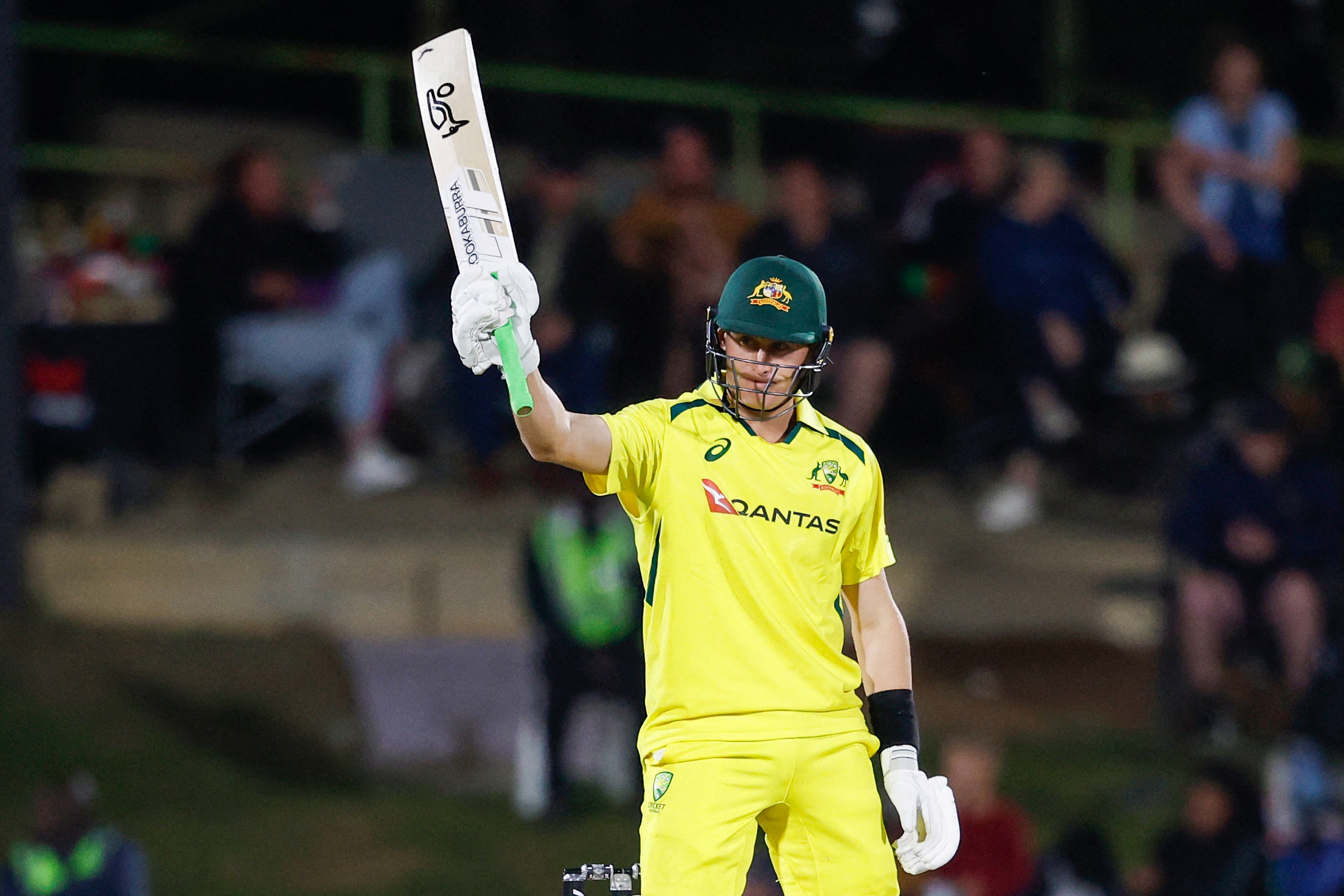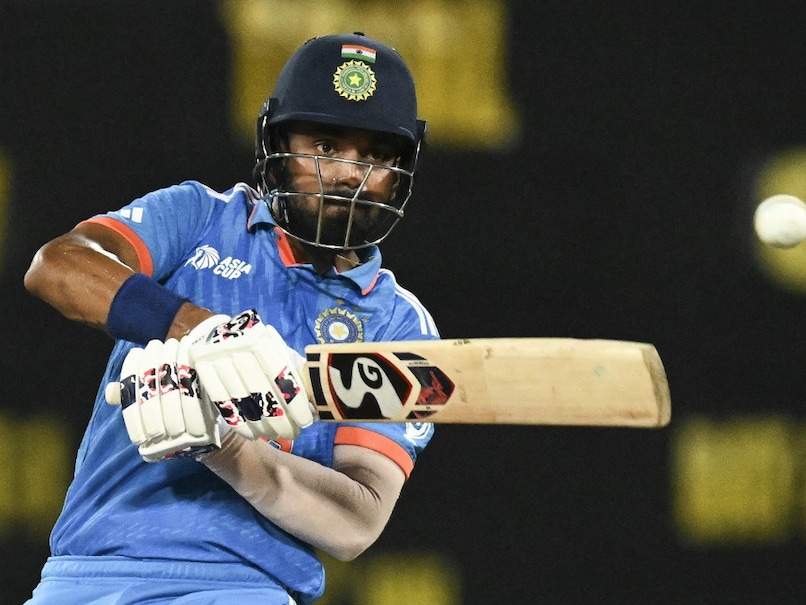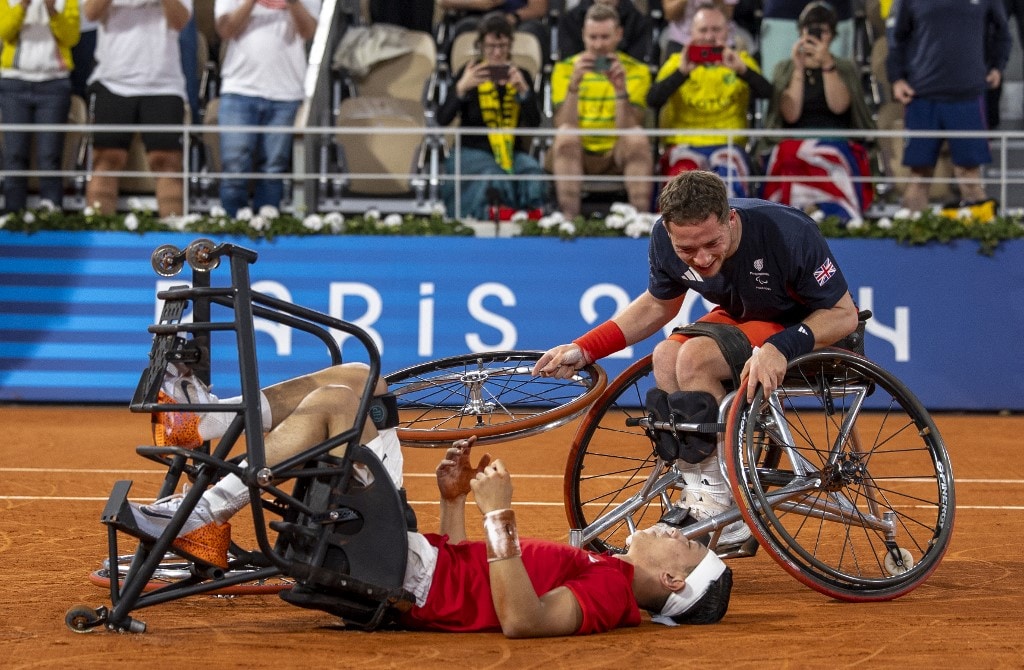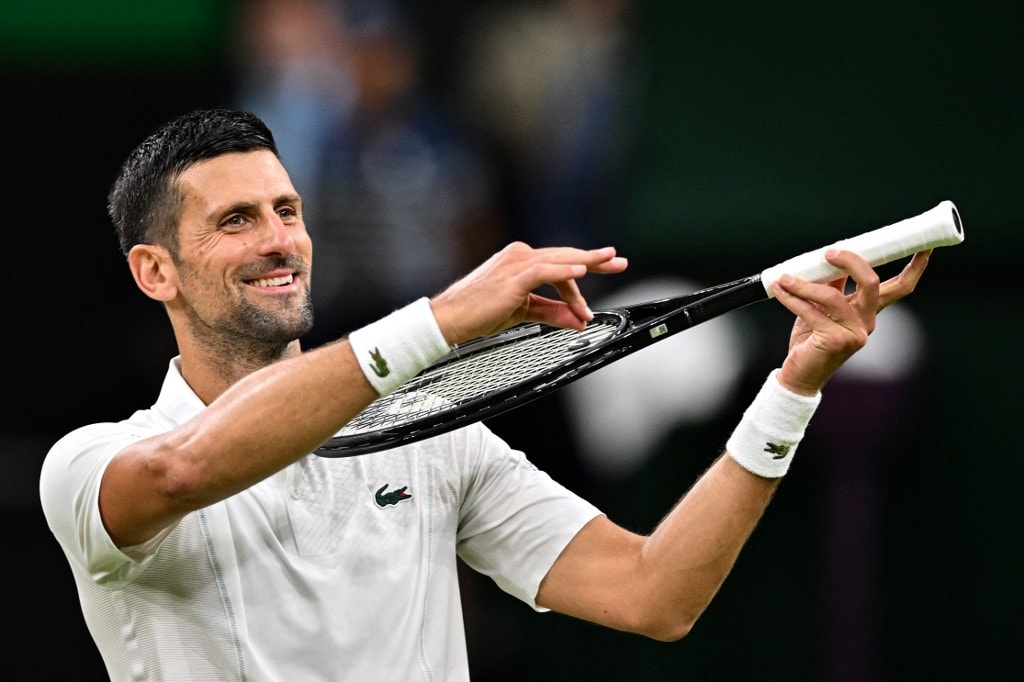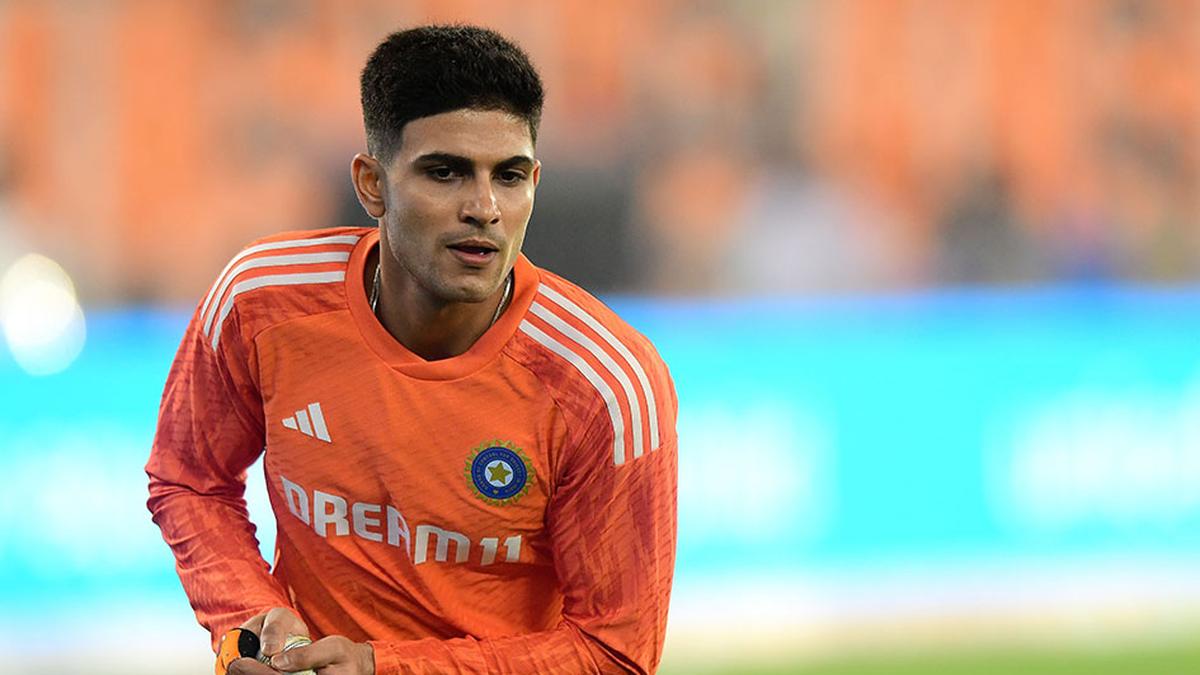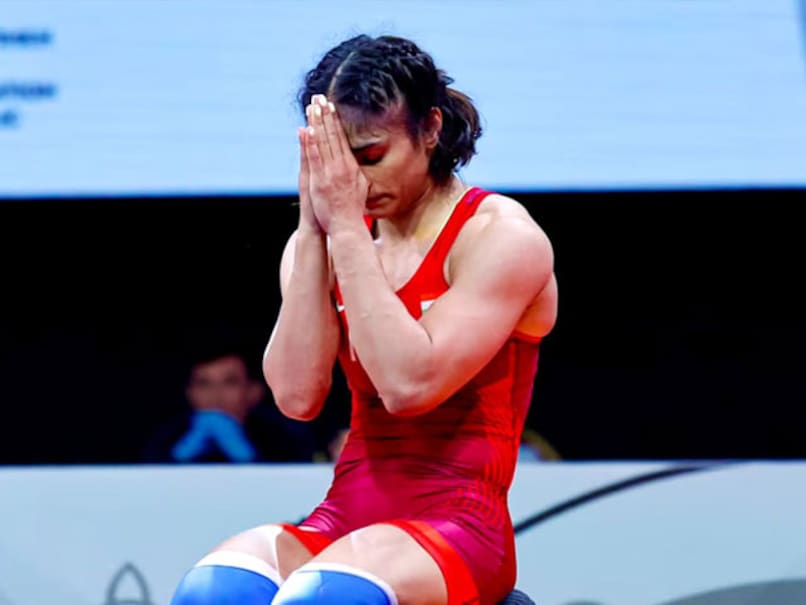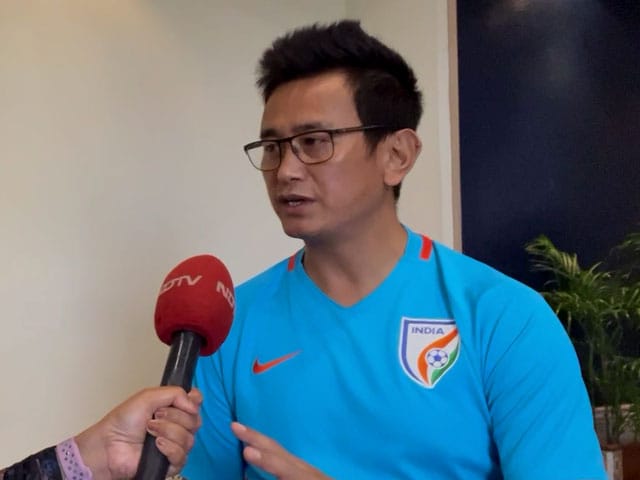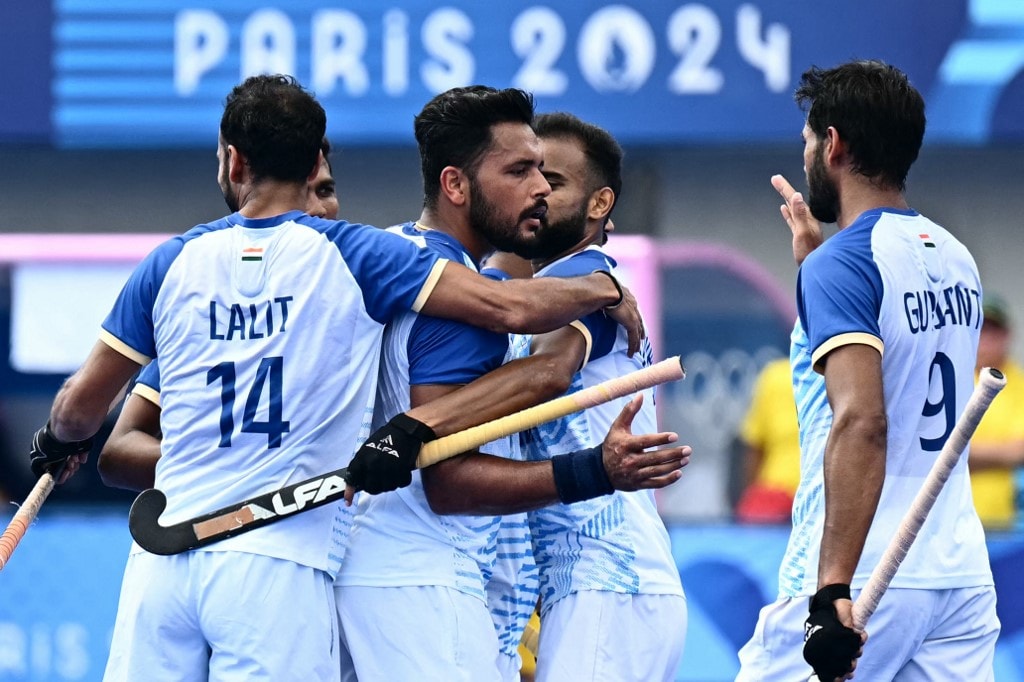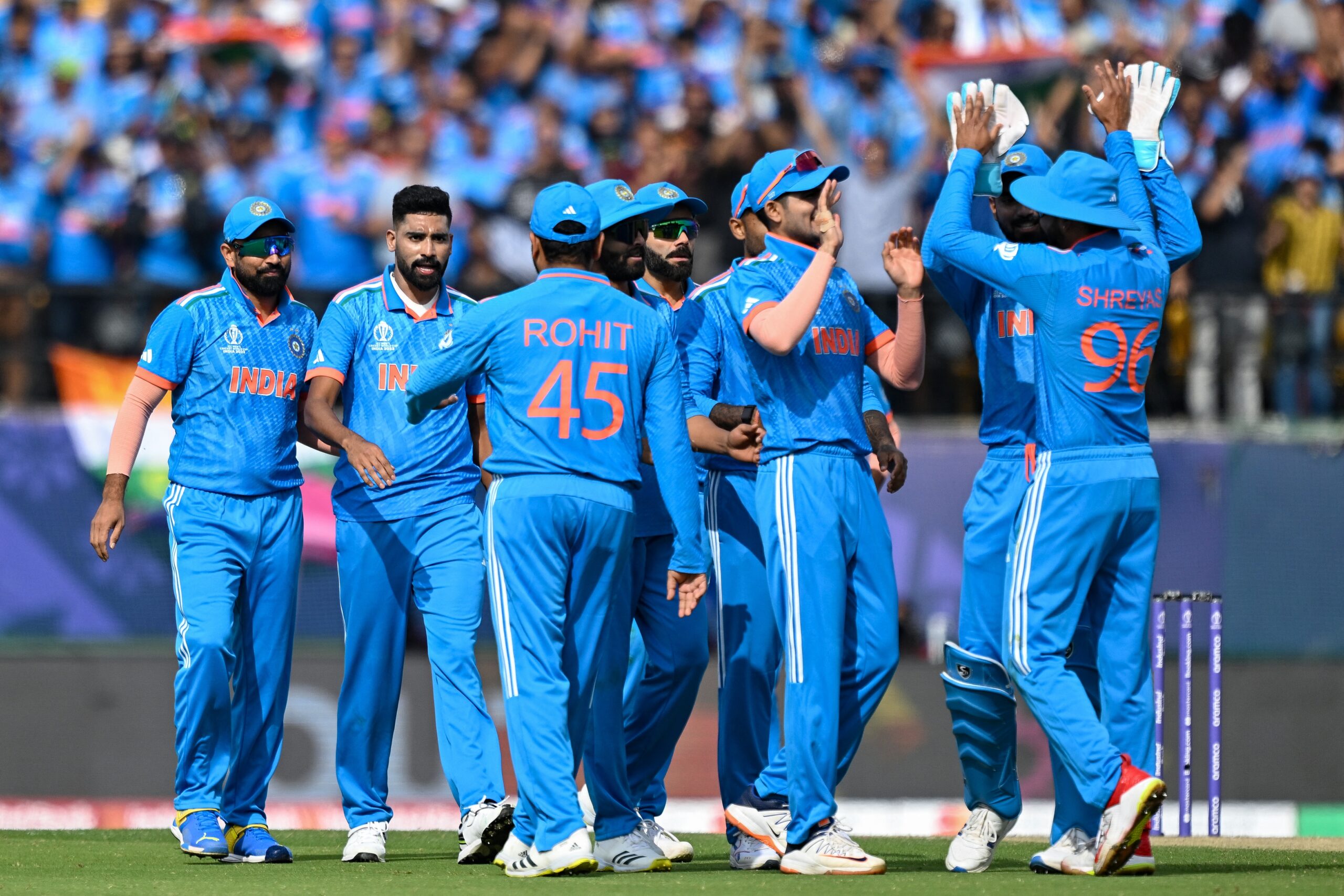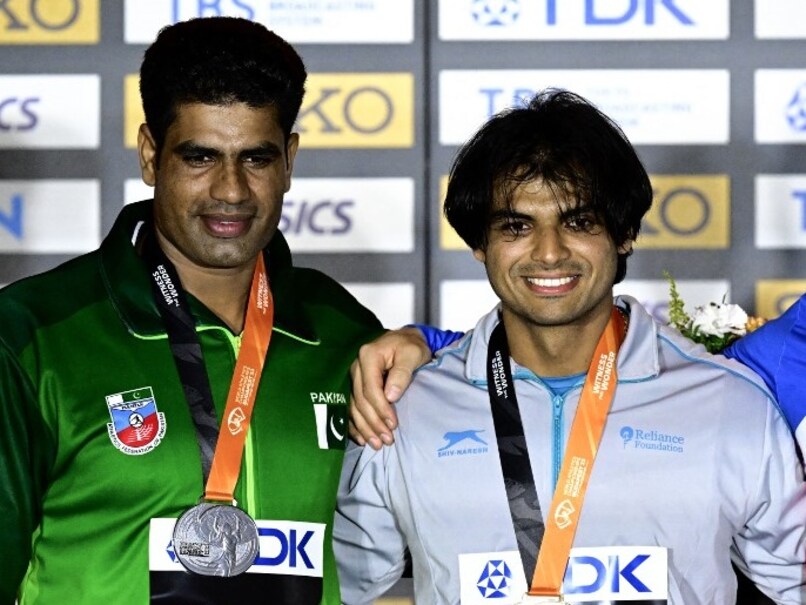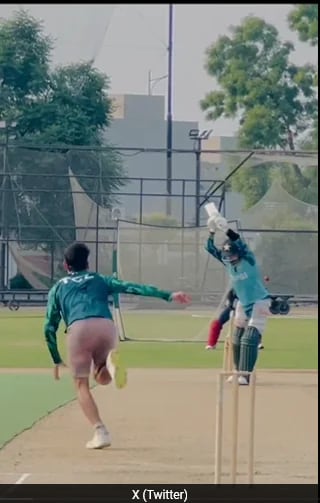In an epic Paralympics tennis singles final, Great Britain’s Alfie Hewett incurred a 2-6, 6-4, 5-7 to Japan’s Tokito Oda. The matches lasted just over 2 1/2 hours, in front of a virtually sell-out crowd on the Philippe-Chatrier court at Roland Garros, in a great advertisement for the event. The pivotal moment came when Hewett narrowly failed to convert a match point at 5-3 on Oda’s serve, the Japanese held and then broke Hewett to level at 5-5.
Oda — who beat Hewett in last year’s Wimbledon final — won the next two games to take the gold. While it was indeed a thrilling clash of wheelchair tennis, it was Oda’s celebration that left everyone stunned.
Oda, who at 18 years and 123 days became the youngest ever Paralympic men’s wheelchair singles champion, celebrated by spinning on his wheelchair but the force of it took the wheels off his chair.
Hewett was left at the net as Oda, crying tears of joy, lay on the ground in the chair after deciding to take off its wheels and throw it around himself. The Briton then graciously came round and helped pick the wheels up before hugging Oda and whispering in his ear.
Crazy Celebration of Winning Gold
Japan’s Tokito Oda at 18 is Paralympics Championpic.twitter.com/wF4tUyUcM8
— The Khel India (@TheKhelIndia) September 8, 2024
“I said, just take this in and enjoy this because what we’ve done today out there is nothing short of absolutely remarkable,” said Hewett on the chat he had with Oda.
“It may go down in wheelchair tennis Paralympic history as the greatest match ever.”
Wheelchair tennis is part of the four Grand Slam tournaments but prize money is tiny by comparison.
Hewett won GBP 65,000 (USD 85,000) when he secured the Wimbledon title in July, to complete a career singles Golden Slam, just GBP 5,000 more than first-round losers win in the able-bodied Wimbledon.
Even their matches usually take place on the outside courts, although Hewett’s triumph at Wimbledon this year was on the No 1 Court.
The strokeplay that both Hewett and Oda produced, as well as great showmanship from both of them delighted the crowd — so much so that on several occasions the umpire had to tell spectators to keep silent during play.
“We certainly did our bit for wheelchair tennis today and the Paralympic movement,” said Hewett.
“And that, as I said to him, that’s sometimes bigger than winning a medal.
“I’m sure he probably disagrees, but right now, that’s what I’m clinging on to.
“This is something that can drive wheelchair tennis in the future, hopefully.”
Wheelchair tennis, though, is in pretty good shape compared to many other para sports in terms of coverage.
It is unique in para sport that it has an established world tour, with the benefits of television and media coverage for all their major tournaments.
With AFP Inputs
Topics mentioned in this article



